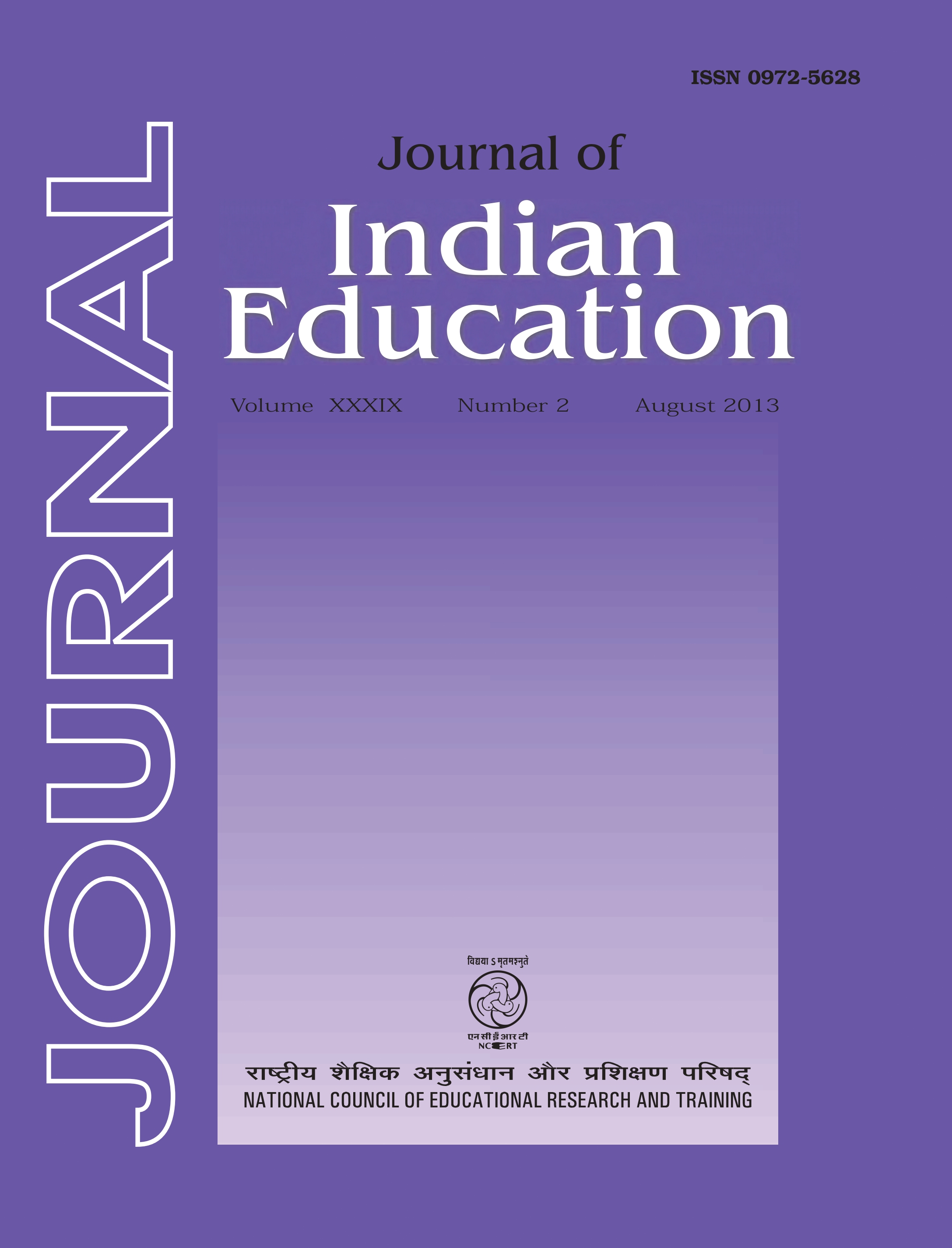Published 2024-12-03
Keywords
- Psychology,
- Human Development
How to Cite
Abstract
Theoretically, psychological differences among human groups can be accounted for in three distinct ways: (a) exposure to different local ecological conditions may cause underlying psychological mechanisms to be expressed differently (evoked culture); (b) people may acquire psychological tendencies through socialisation and enculturation (cultural transmission); and (c) population differences in gene frequencies may be associated with particular behaviour tendencies (non-cultural genetic variation). An understanding of the role of culture in development of psychological processes has significant implications for teacher training and classroom practices. These include: (a) the fallacy of stereotyping and treating groups as monolithic; (b) viewing culture as immutable and essentialised, contrary to evidence of change amidst stability; (c) the constraints of evaluative comparisons and the importance of tolerance for differences; and(d) greater appreciation of the richness of cultural differences which can serve to enhance rather than diminish the classroom climate. During the past four decades, crosscultural and cultural psychologies have built a rich landscape of knowledge related to the role of culture in human development. While cross-cultural psychology views culture as an independent variable that influences behaviour and development, cultural psychologists have viewed culture and individual activity as co-constructive. Cross-cultural psychology in particular has sought to: (a) test existing theories in various cultural contexts; (b) explore new cultural systems to discover psychological phenomena not available in cultures studied so far; and (c) generate a more universal theory of human development based on the first two sets of activities.

